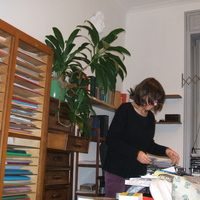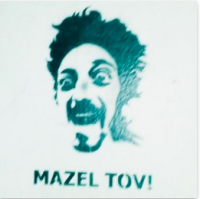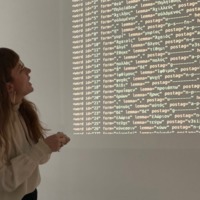The Homeric Dependency Lexicon – HoDeL is a new resource for the study of Homeric Greek verbs and their dependents, based on the Ancient Greek and Latin Dependency Treebank 2.0 – AGLDT 2.0.
HoDeL is a collection of all Homeric verbal forms enriched with their dependents (Sbj, Obj, OComp, and PNom) that are supposed to be part of verbal valency according to the guidelines of the analytical layer of AGLDT 2.0
HoDeL can be easily queried by historical linguists, computational linguists, philologists, classical scholars, students of Classics and Linguistics, high school students, and teachers of Ancient Greek. It has a very user-friendly interface and it provides transliteration of the Greek script and translations of the Greek passages.



